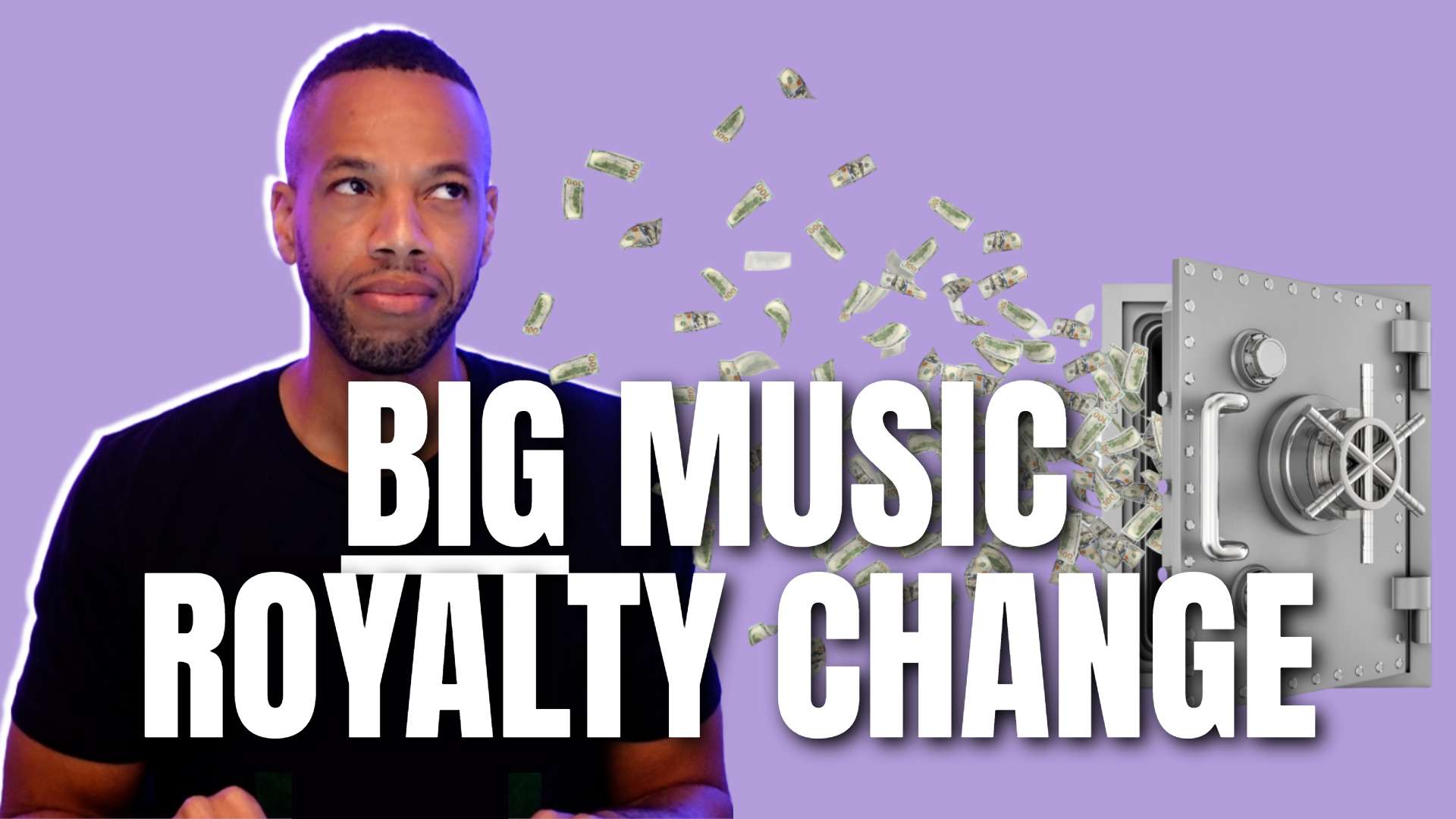The Power Of Music And How To Master It To Further Your Career

*This article may contain links to affiliate products & services. We have reviewed these services to try and ensure the highest quality recommendations*
Written by Jaron Lewis
Have you ever heard a piece of music that took you back to a moment in your life? A note that conjured a familiar smell, a chorus that took you back to a breath-taking experience, or a song that brought back an emotion? I
t’s fair to say that everyone has experienced this phenomenon, when the power of music quotes your favorite lyric and you can’t escape the power of music on the brain. We’ll aim to break down your career path and options in this power of music article.
Start Early
If you want to further your music career, you must begin by practicing from an early age. The younger, the better, because just as a small child picks up a second language more easily, so do they learn instruments easily at a younger age.

Invest Your Time
If you weren’t lucky enough to have parents that encouraged you to learn your craft from a young age, then you need to dedicate your time to serious practice. There’s a particular rule that Malcolm Gladwell popularized.
The rule suggests that in order to master any talent, you should spend 10,000 hours doing it. Any musician knows that despite a deep love of the craft, there are days when you don’t have the energy to pick it up and practice. That’s just tough luck, if you want to master your craft then you have to practice it. Scales may not be glamorous, but they are necessary to your success. Practicing music theory can be vital to your success.
Educate Yourself
Like any of career path you may take, a degree will further your chances. A lawyer can’t practice law without the necessary further education, nor can an accountant, doctor, and even retail managers require a college degree.
Do you need a degree in song writing composition or music production to succeed? No, but it definitely doesn’t hurt. There are certain aspects of the craft that can’t be learned just by taking lessons and by regularly practicing. It offers a foundation in music, while also allowing you to network with other musicians.
Put Yourself Out There
From offering private lessons, turning up at open mic nights, playing local gigs, joining a band, there are plenty of ways to put yourself out there and get some attention for your musical skills. The majority of positions are filled through contacts in the industry, and if you aren’t out there networking, you won’t have contacts.
The Options
Will a degree turn you into a background singer, opera singer, or a singer? No, but it can certainly help you with building that network of contacts. Particularly those with an interest in musical theater, it takes time to learn how to hone your craft properly. Vocal lessons, music theory, and pedagogy, are all going to feed into making you a better artist. Making a visible commitment will help to set you apart from the crowd. It also provides you with insider information with regards to auditions.
If your interest is in being a music producer, then you will have heard the stories about those self-taught producers. If you want to be up to date with all the latest production techniques, then academic training may be worth your while. If you’re a lyricist or a songwriter, then further training can help you focus on developing your lyrics, as well as in arranging compositions.
When your song is ready to go, it's time to start promoting it to potential fans! Omari has the best organic promotion services money can buy. With packages for Spotify, TikTok, Instagram, and YouTube, we will get your music the traffic and attention it deserves! Click below for more information.
SPEAK YOUR MIND
How This INDIE Artist Got Over 67,598,275 Streams On ONE Song
Join the No-Nonsense Music Marketing Newsletter to get the most valuable weekly case studies and strategies to grow your music business!




